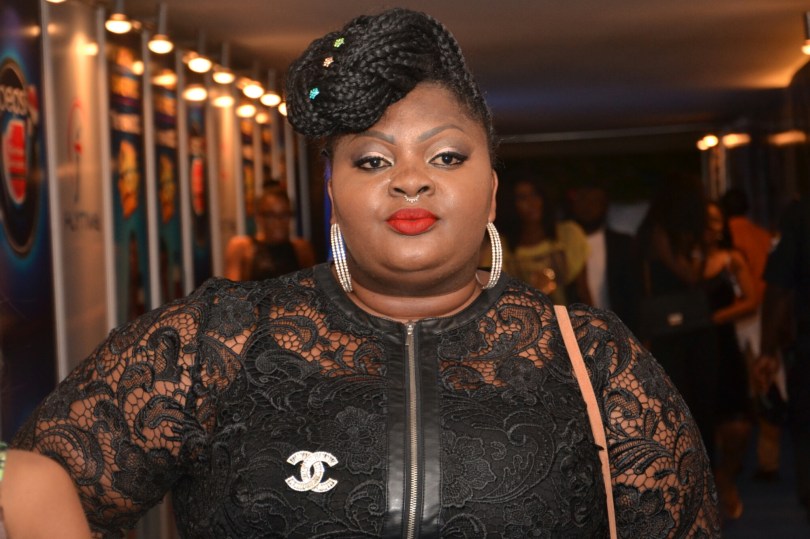Funke Akindele And I Share More Than Friendship
Eniola Badmus
Nollywood actress, Eniola Badmus has come out to react to those saying she is currently at loggerheads with Funke Akindele.
She recently had her say via her social media page, and Nigerians have been reacting.
According to her, the reports are far from true and Funke Akindele will be her ride or die forever.
Eniola added that what they both share is more than friendship, so people should ignore the false rumours.
Her words, “Guys, I’m sick and tired of y’all insinuating @funkejenifaakindele and I are fighting for no singular reason……In case y’all don’t know this woman right here is my ride till the end, I love her from the bottom of my heart and what we share is beyond friendship…..”
“we talk every day, we see almost every other day, the fact that we don’t post our moments lately doesn’t mean we are fighting!!! We are only saving it for a bigger picture and we need to keep y’all in suspense…..”
“Lafunky is my blood and flesh……y’all should please stop insinuating! We are good and forever good….. Maybe not necessary but Just need to put this out here for clarity! That’s my home girl here!
Oya e file fun Lafunky.”
WOW.
Nollywood is a sobriquet that originally referred to the Nigerian film industry. The origin of the term dates back to the early 2000s, traced to an article in The New York Times. Due to the history of evolving meanings and contexts, there is no clear or agreed-upon definition for the term, which has made it a subject to several controversies.
The origin of the term “Nollywood” remains unclear; Jonathan Haynes traced the earliest usage of the word to a 2002 article by Matt Steinglass in the New York Times, where it was used to describe Nigerian cinema.
Charles Igwe noted that Norimitsu Onishi also used the name in a September 2002 article he wrote for the New York Times. The term continues to be used in the media to refer to the Nigerian film industry, with its definition later assumed to be a portmanteau of the words “Nigeria” and “Hollywood”, the American major film hub.
Film-making in Nigeria is divided largely along regional, and marginally ethnic and religious lines. Thus, there are distinct film industries – each seeking to portray the concern of the particular section and ethnicity it represents. However, there is the English-language film industry which is a melting pot for filmmaking and filmmakers from most of the regional industries.


